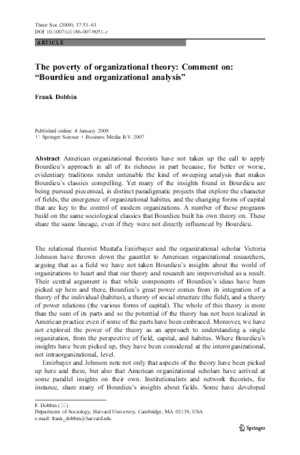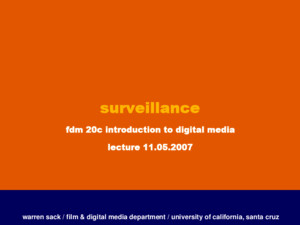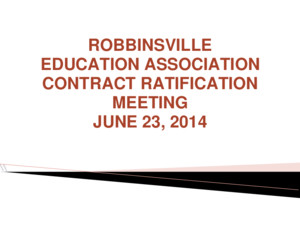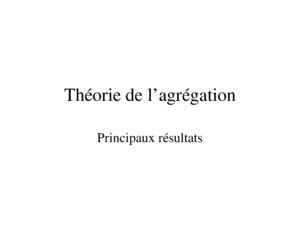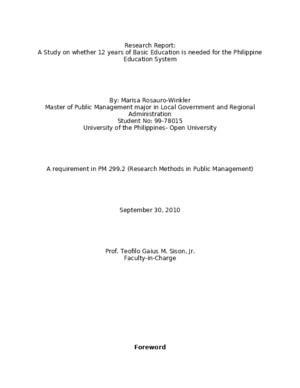EDLD 6367 Theories of Educational Leadership, William Allan Kritsonis, PhD, Professor of Educational Leadership, The University of Texas of the Permian Basin
There is document - EDLD 6367 Theories of Educational Leadership, William Allan Kritsonis, PhD, Professor of Educational Leadership, The University of Texas of the Permian Basin available here for reading and downloading. Use the download button below or simple online reader.
The file extension - PDF and ranks to the Instruction manuals category.
Tags
Related
Comments
Log in to leave a message!
Description
Download EDLD 6367 Theories of Educational Leadership, William Allan Kritsonis, PhD, Professor of Educational Leadership, The University of Texas of the Permian Basin
Transcripts
EDLD 6367793 - Theories of Educational Leadership Fall 2015 William Allan Kritsonis, PhD Professor of Educational Leadership University of Texas of the Permian Basin School of Education 4901 E University Odessa, TX 79763 Office: MB 3108 Office Hours: T W: 4:30-6:30PM Th: 4:30-5:30PM Phone: 4325522155 Email: kritsonis_wutpbedu Course Objectives The purpose of this course consists of an analysis of school leadership theories, standards, and applications for practice in campus or district improvement processes Candidates will understand and be able to discuss how theories function in educational administration, be able to identify the most effective motivational approaches to use in their current school and/or district, be able to identify traits or skills that differentiate leaders from non-leaders or effective leaders from ineffective ones, and be able to identify methods organizations can use to overcome resistance to change Upon successful completion of the course, the student will: 1 Know how to shape campus culture by facilitating the development, articulation, implementation, and stewardship of a vision of learning that is shared and supported by the school community (TExES Competency 1, ELCC 11, 15, 13, 12, 14) 2 Know how to communicate and collaborate with all members of the school community, respond to diverse interests and needs, and mobilize resources to promote student learning (TExES Competency 2, ELCC 41, 42, 43, 63) 3 Know how to act with integrity, fairness, and in an ethical and legal manner (TExES Competency 3, ELCC 52, 53) 4 Know how to facilitate the design and implementation of curricula and strategic plans that enhance teaching and learning; ensure alignment of curriculum, instruction, resources, and assessment; and promote the use of varied assessments to measure student performance (TExES Competency 4, ELCC 21, 22, 23, 24) 5 Know how to advocate, nurture, and sustain an instructional program and a campus culture that are conducive to student learning and staff professional growth (TExES Competency 5, ELCC 23, 24) 6 Know how to implement a staff evaluation and development system to improve the performance of all staff members, select and implement appropriate models for supervision and staff development, and apply the legal requirements for personnel management (TExES Competency 6, ELCC 24, 31,) 7 Know how to apply organizational, decision-making, and problem-solving skills to ensure an effective learning environment (TExES Competency 7, ELCC 31, 32) EDLD 6367 Theories of Educational Leadership 2 8 The principal knows how to apply principles of effective leadership and management in relation to campus budgeting, personnel, resource utilization, financial management and technology use (TExES Competency 8, ELCC 33) 9 The principal knows how to apply principles of leadership and management to the campus physical plant and support systems to ensure a safe and effective learning environment (TExES Competency 9, ELCC 31, 32, 33 Required Textbooks: Lunenburg, FC Ornstein, AC (2012) Educational administration: Concepts and practices (6th ed) Wadsworth, Cengage Learning, Belmont, CA ISBN – 13:9781111301248 ISBN – 10:1111301247 Supplemental Textbook: American Psychological Association (2010) Publication manual of the American Psychological Association (6th ed) Washington, DC: Author Conceptual Framework University of Texas of the Permian Basin School of Education Vision The vision of the School of Education is a community of life-long learners who actively reflect on the impact of their values, attitudes, beliefs, and practices Mission The mission of the School of Education is to prepare pre-service and professional educators who are proactive in nurturing the life-long development of all learners This mission will be accomplished by: Facilitating the acquisition of necessary knowledge, skills, and dispositions; Cultivating the value of diversity Encouraging collaborative inquiry, innovation, and research; Promoting collegiality and service in schools and communities; Integrating technology into practice; Providing opportunities for professional growth; and Influencing educational practices and policies at the local, state, and national level Learning Outcomes for Teacher Candidates and Other School-Based Professionals: The faculty expects that candidates will: Demonstrate content knowledge in their respective content-area Use appropriate processes and teaching practices Apply knowledge about child and adolescent development Incorporate knowledge of diversity in planning and delivering instruction Incorporate technology in planning and delivering instruction EDLD 6367 Theories of Educational Leadership 3 Plan for and assess students’ learning Create an appropriate learning environment Communicate and collaborate with all stakeholders Engage in professional growth Candidate Proficiencies: To achieve the learning outcomes, candidates must demonstrate that they “are gaining the knowledge, skills, and dispositions necessary to have a positive impact on P- 12 student learning” (NCATE, 2006, p 9) The following is a list of the specific knowledge, skills, and dispositions that the faculty has determined are important for each candidate to possess and exhibit Knowledge (K): Our candidates will exhibit knowledge about and understand the impact on teaching and student learning of: 1 theoretical perspectives of the profession 2 the content, processes, and practices appropriate for their students 3 child and adolescent development 4 diversity 5 technology 6 planning and assessment 7 the learning environment and classroom management 8 collaboration 9 legal and ethical issues related to education Skills (S): Our candidates will be able to: 1 select appropriate content for use in lesson planning and delivery 2 apply best practices to promote learning in all students 3 use knowledge of child and adolescent development to direct their teaching 4 select from an array of techniques to meet the needs of diverse learners 5 integrate the use of technology into the learning environment 6 use appropriate assessments to measure students’ d evelopmental progress 7 develop an appropriate learning environment 8 apply classroom management techniques 9 communicate with all members of the educational community (students, families, other educators, administration, community members) 10 reflect on their professional performance in order to improve their professional effectiveness 11 employ ethical and legal standards in education Dispositions (D): Our candidates will demonstrate a/an: 1 respect for themselves and a positive regard for others 2 passionate nature about learning 3 belief in the value of a learner-centered instruction 4 dedication to providing a safe and supportive learning environment 5 acknowledgement of and respect for the fact people are shaped by their cultures 6 commitment to clear and accurate communication 7 professional and ethical attitude 8 desire to keep current on educational research and practice


